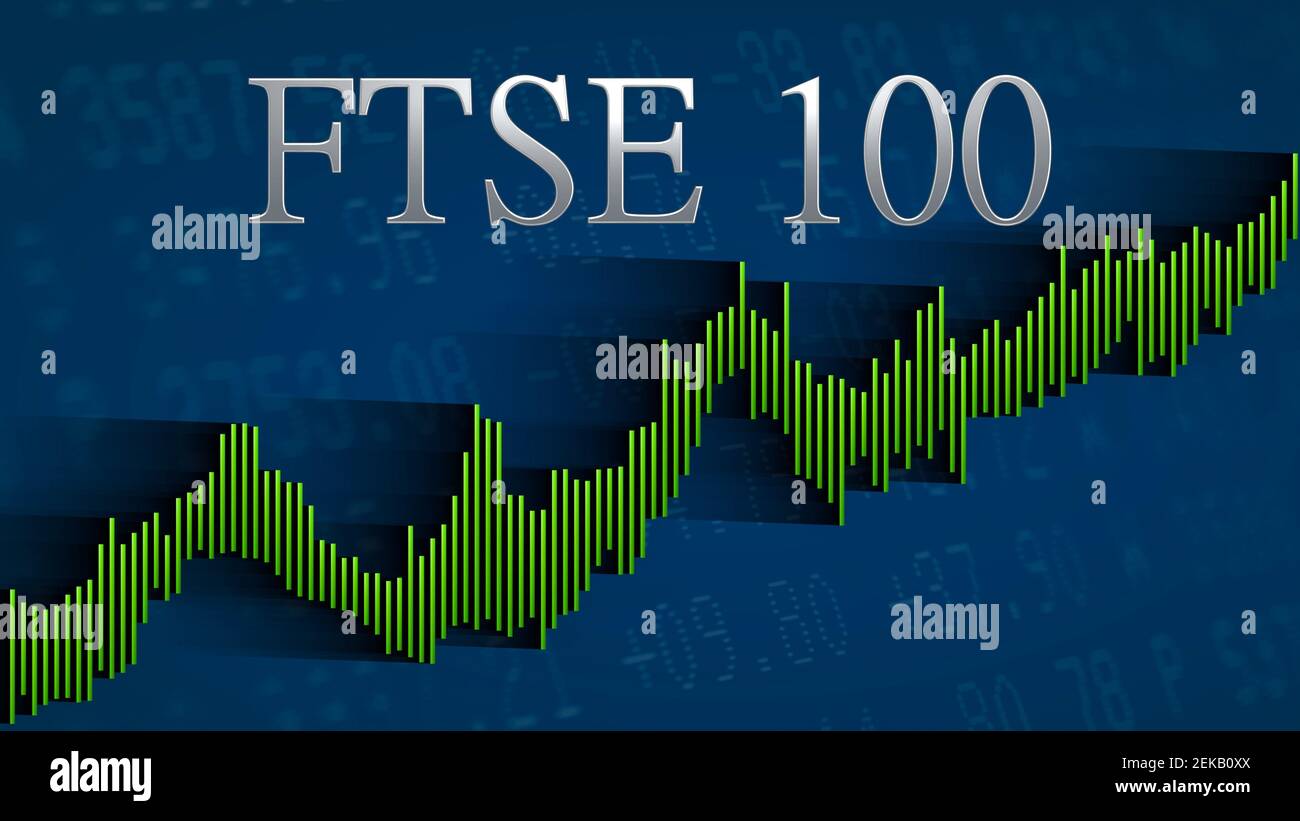
Antonio Di Giacomo
“The S&P 500 index reached new all-time highs this week, climbing to the 6,350-point level, following the announcement of a trade agreement between the United States and Japan, which sparked enthusiasm among investors. The pact includes Japan accepting a 15% tariff on its exports to the U.S. and committing to invest $550 billion in the North American country. Additionally, the agreement will open the Japanese market to American agricultural products and automobiles, key sectors for the U.S. economy.
President Donald Trump hailed the achievement as a significant step forward for the U.S. economy and a victory for American farmers and the auto industry. However, concerns remain regarding the inflationary effects of tariffs. Some analysts warn that higher import costs could be passed on to consumers, complicating the Federal Reserve’s efforts to manage inflation.
Against this backdrop, markets are closely watching the earnings reports of major tech firms, such as Tesla and Alphabet, which could significantly influence market sentiment. Expectations are particularly high due to the recent surge in artificial intelligence and its impact on the business models of these companies. Technology has solidified its role as a key driver of markets in 2025, setting apart industry leaders from lagging firms.
For Tesla, investors are focused on the company’s profit margins amid a sales slowdown in China and fierce competition from local manufacturers such as BYD. Moreover, AI and robotics projects, especially progress in autonomous driving and the development of the Optimus humanoid robot, could redefine Tesla’s identity as a technology company beyond the automotive sector.
Alphabet, Google’s parent company, faces pressure to show that its investments in generative AI are beginning to yield tangible results. Its earnings are expected to reveal whether tools like Gemini and its cloud infrastructure have attracted new corporate clients and generated new revenue streams. Increased investment in AI infrastructure is also a positive sign for markets.
The macroeconomic environment remains uncertain, particularly following mixed signals from the Federal Reserve regarding possible interest rate cuts. Although inflation has gradually moderated, labor market data and consumer spending remain strong, complicating monetary policy decisions. In this scenario, trade agreements like the one with Japan offer the market some relief, but do not eliminate systemic risks.
Finally, the corporate earnings season will be crucial in determining the short-term direction of the market. If major tech firms exceed expectations and economic data remains stable, the S&P 500 rally could continue into the third quarter. However, any sign of slowing growth or renewed trade tensions could quickly reverse the current optimism.
In conclusion, the S&P 500 marks a new milestone, backed by diplomatic progress and expectations of technological innovation; however, the road ahead is not without challenges. Despite the momentum generated by the Japan deal, a combination of inflation uncertainty, Fed decisions, and the performance of tech giants like Tesla and Alphabet will determine whether this rally is sustainable or if the market is headed for another phase of volatility.”
Giacomo, Financial Markets Analyst for LATAM at XS













